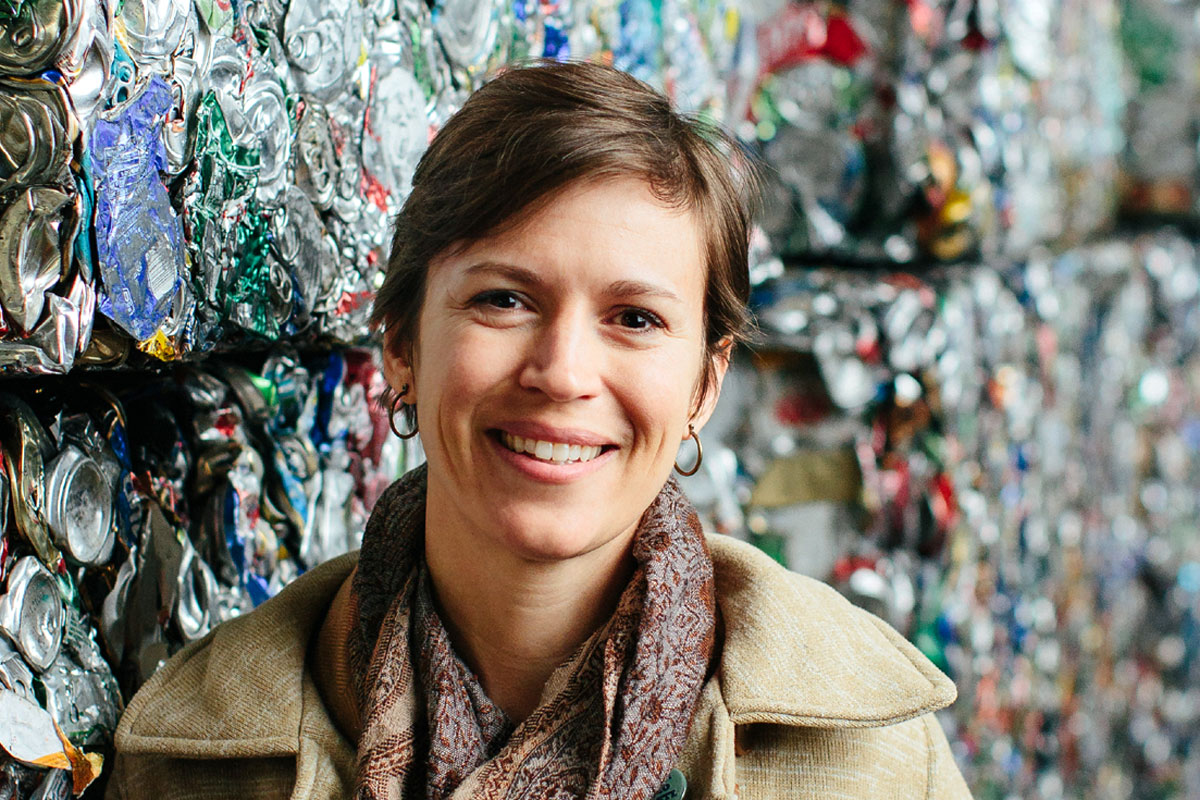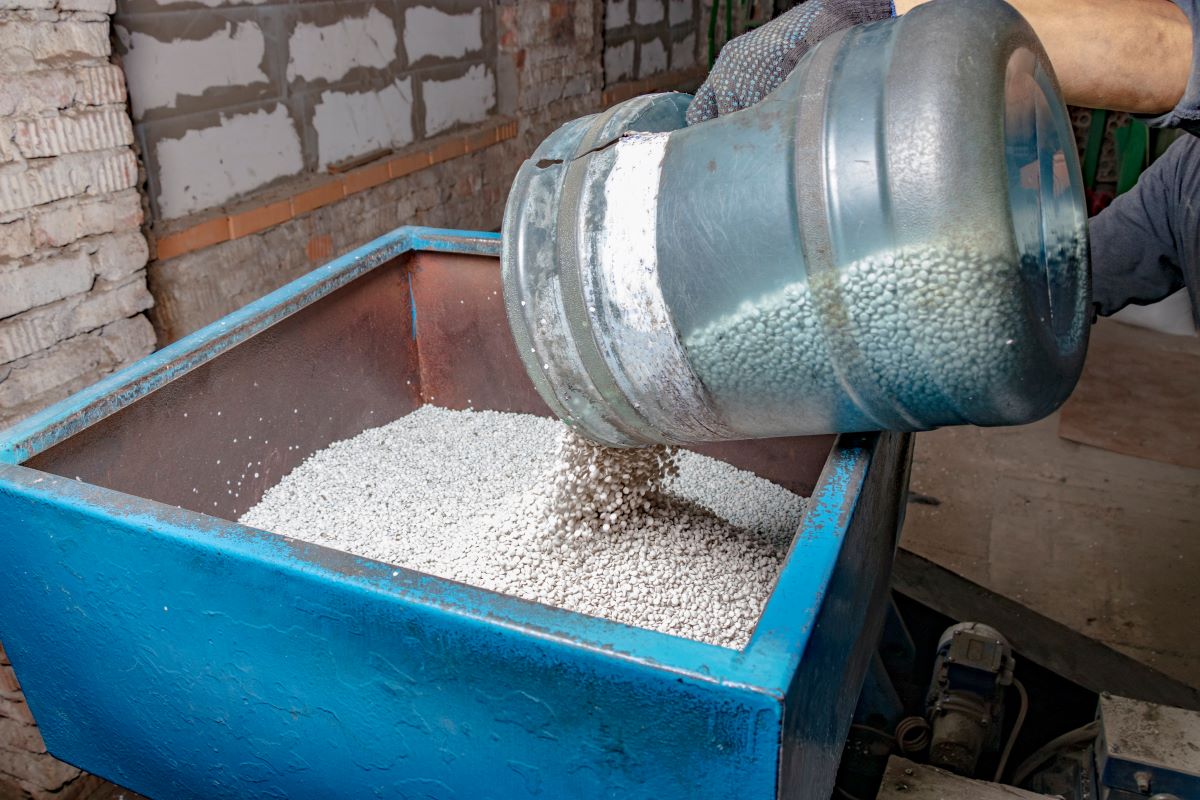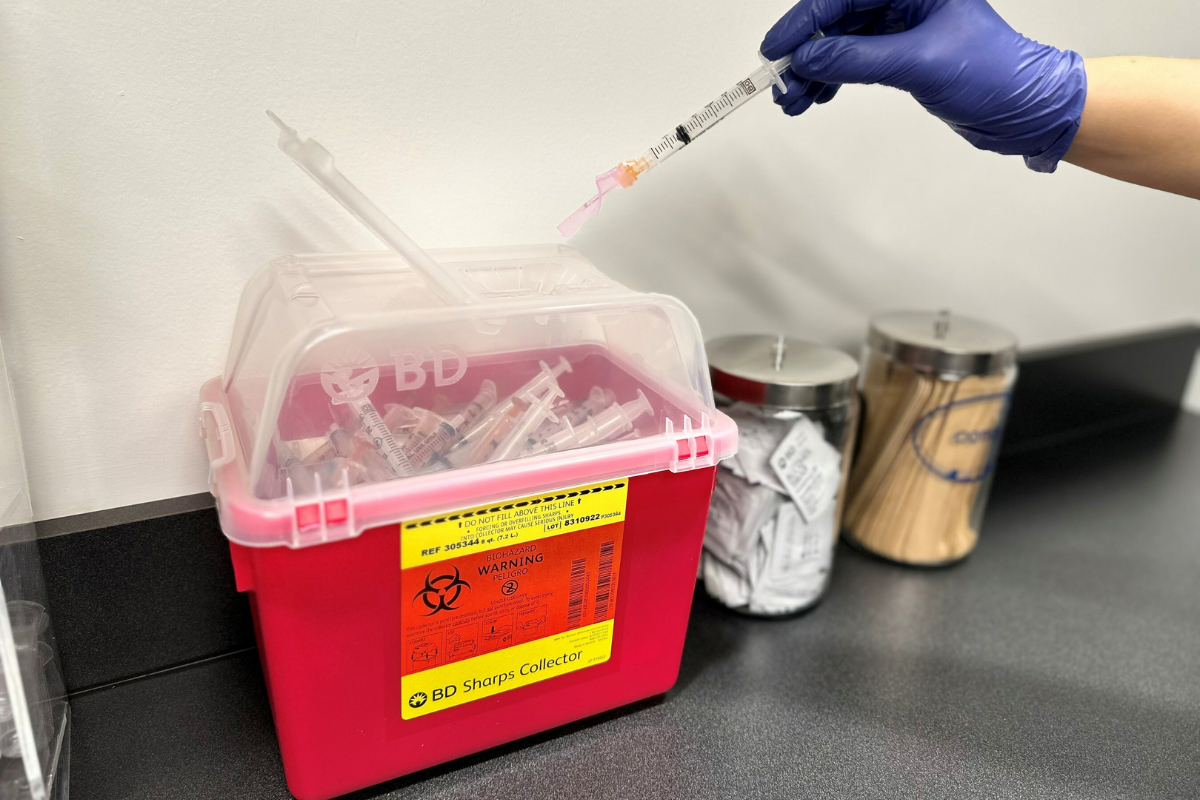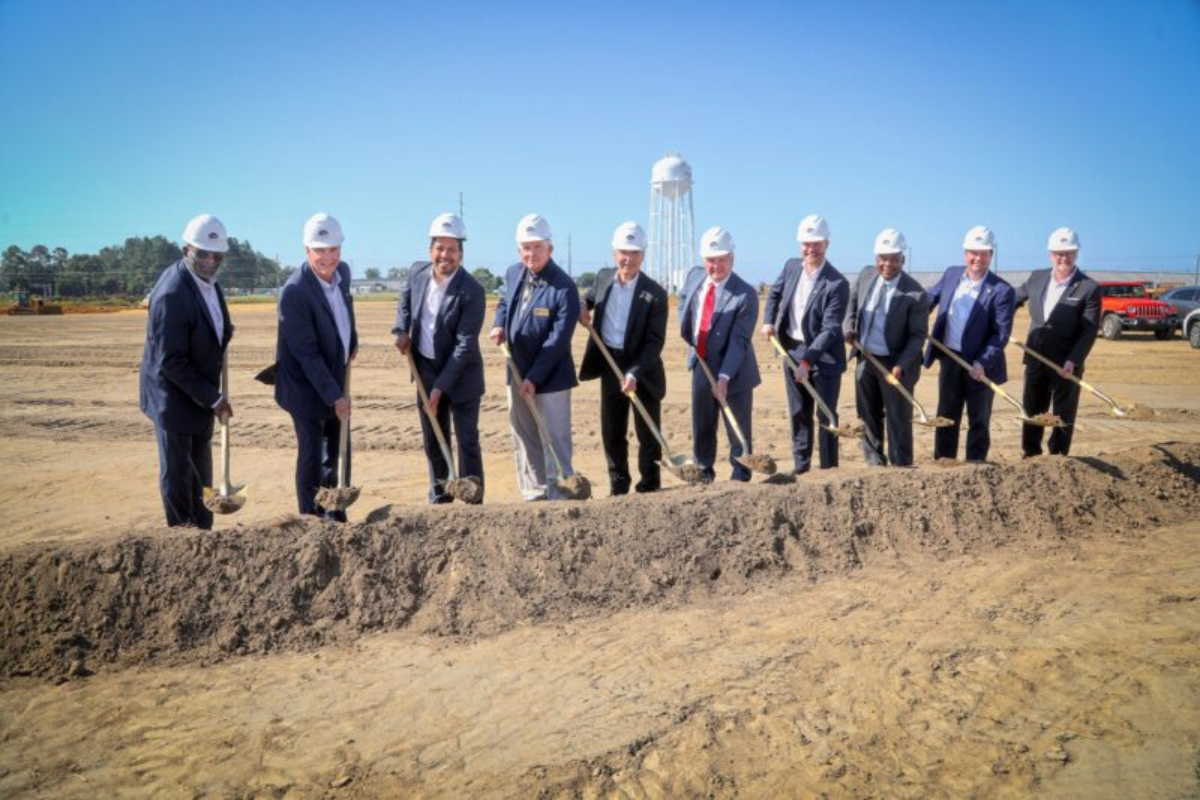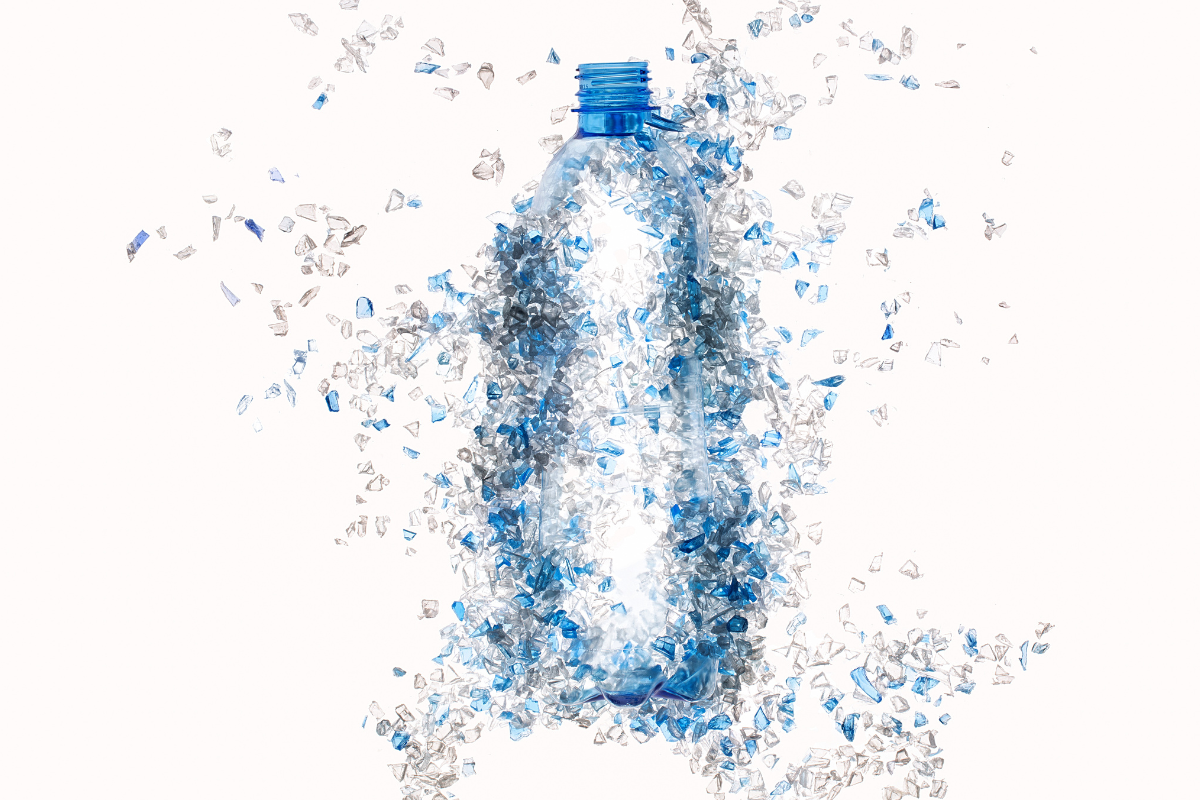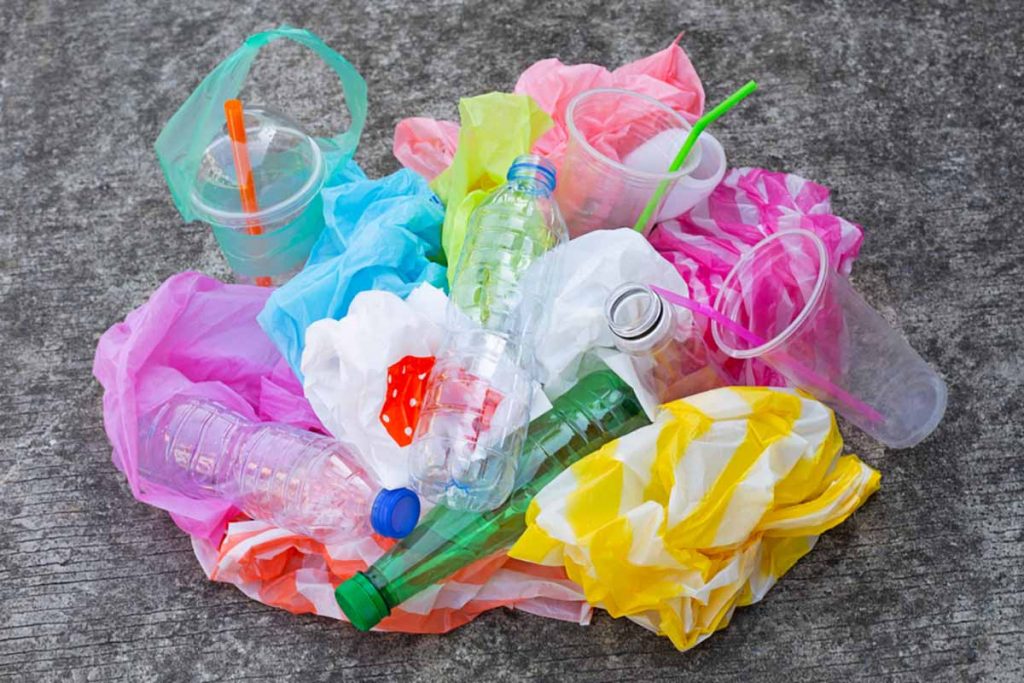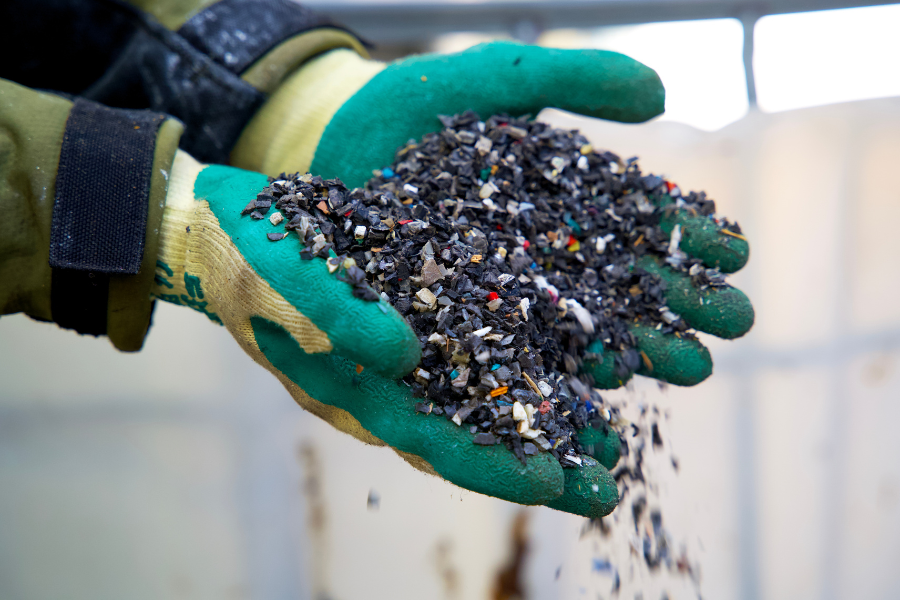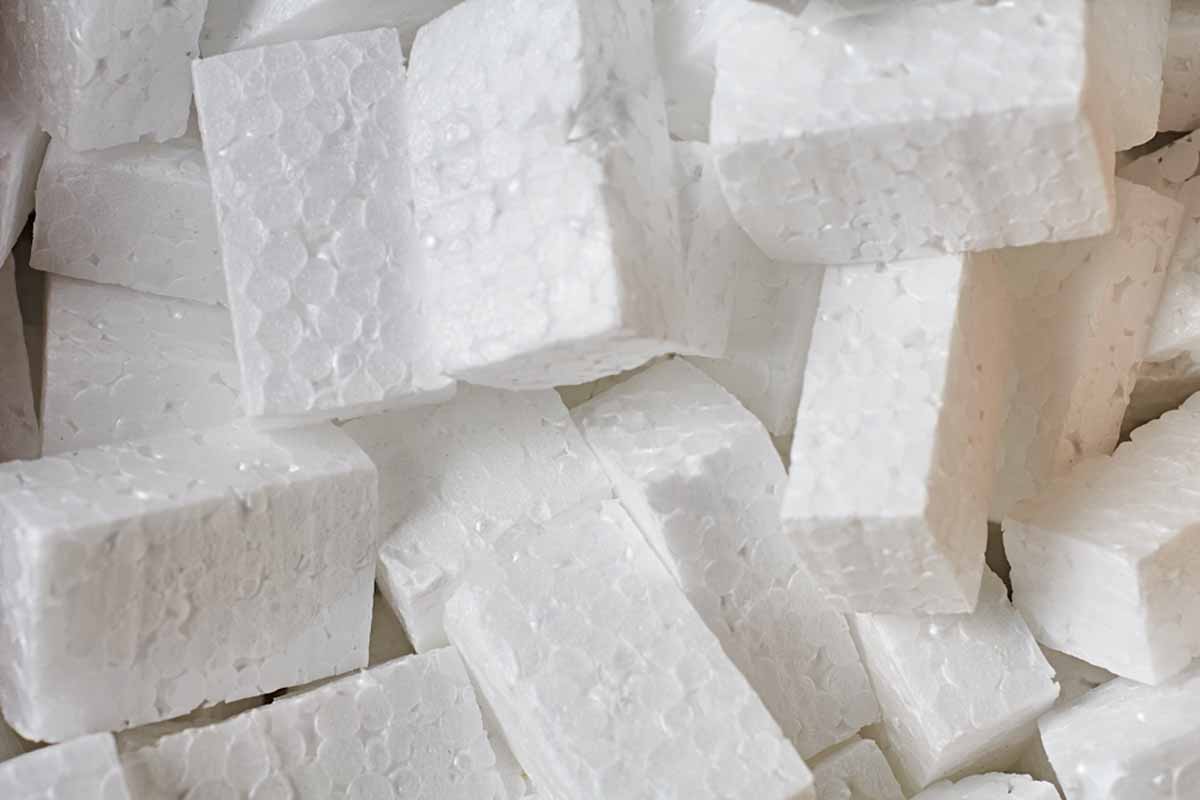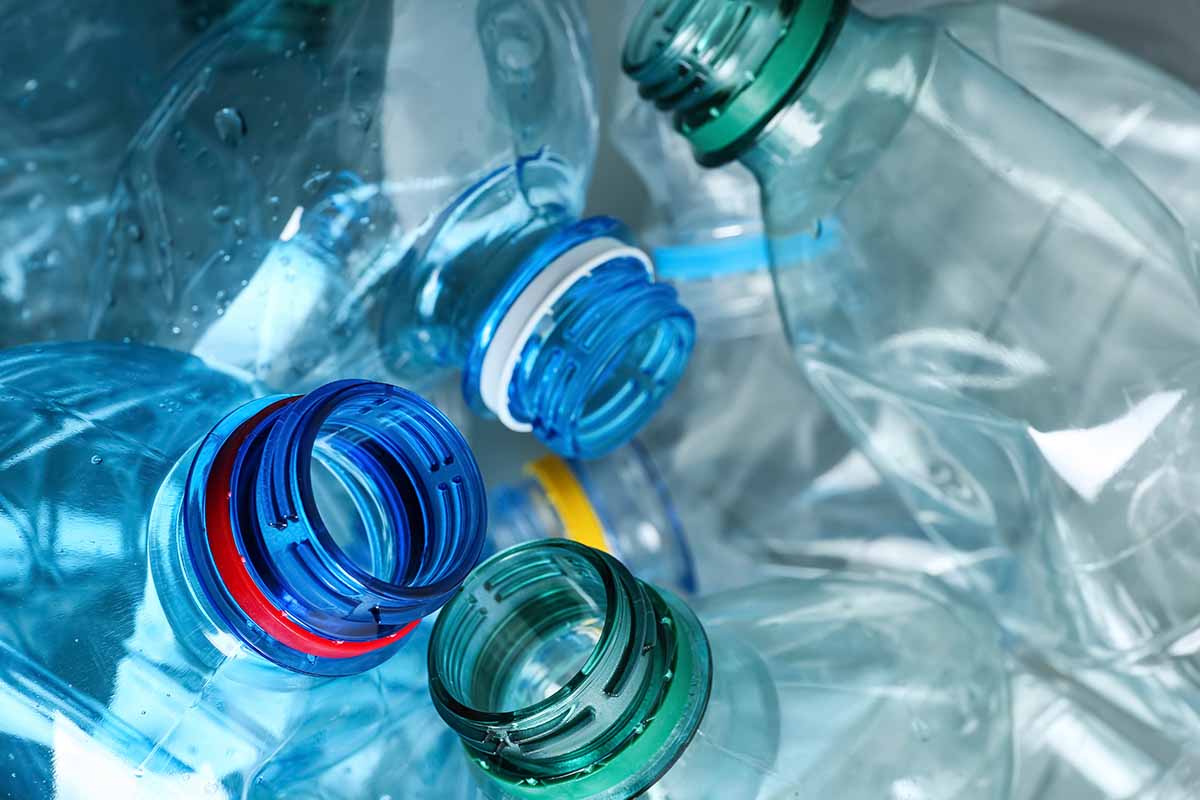
The plant’s advanced suite of technology represents “a new era for plastic recycling,” according to Swedish Plastic Recycling CEO Mattias Philipsson. | New Africa/Shutterstock
Swedish Plastic Recycling plans to open its largest and most advanced plastic sorting and recycling facility on Nov. 15 in Motala, Sweden. Continue Reading


